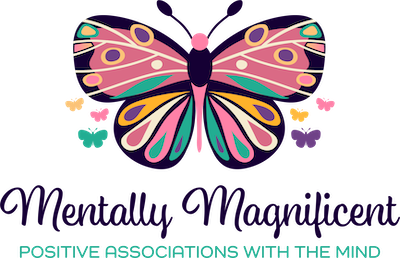What works in your family? Is there laughter and connection? What do you see in your family that makes you proud? It’s great to think about and identify these things as they are the foundation for our family structure.
At the same time, there are important questions to ask about the characteristics of the family that may be to the detriment of the family functioning healthily and cohesively. More specifically, what are the traumas in our family of those before us and how are they impacting our current family structure today?
Inter-generational trauma is when an individual endures a very traumatic event and was not healed from it, therefore, characteristics of this trauma get passed down through generations to those who did not directly experience the actual trauma. Sometimes, it’s hard to know if these traumas are part of the family as, oftentimes, there has been no discussion of the occurrence of these events. Here are a few ways these dysfunctions may present in families:
Generations may struggle with emotions.
This is often seen with anger or high levels of anxiety. Sometimes people may abuse substances to deal with emotions they do not know how to cope with. Oftentimes, emotions are not accepted to be expressed and there is no conversation around one’s feelings and it is not always a safe place to express depending on the reaction one may receive.
Feelings of shame
Often when there has been a violation such as sexual abuse, there are high levels of shame. Shame is an emotion that can cause a person to retreat, take the blame, and not speak up. This tends to cause some not to address traumas from the past. When this happens, the risk of not healing from the traumatic event is increased.
Self Esteem
Depending on the individual who endured the traumatic experience, many people are abused in a way that impacts their self-esteem as they may struggle with self-worth. This is a characteristic that can be learned by the next generations.
Other ways intergenerational trauma shows in families are poverty, diminished parenting, decreased attachment, chronic stress, and unstable living conditions.
One crucial way to start addressing these issues in a family is to start having authentic conversations. As a parent, no matter how grown your child is, discussing any traumatic experiences you have had could be monumental. The discussions could help with processing how they have interpreted dysfunctional behavior that may have been exhibited or it may help them to see patterns in themselves. Truth and transparency can be the start to healing and a closer connection.









